|
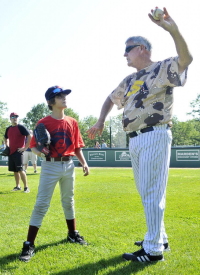 The
Tommy John Twist, as I discuss
in my main article about the topic, is a
movement I have
long expressed concern about; how
you often see the same twist in the wrists of
pitchers who have had or will need Tommy John
surgery. The
Tommy John Twist, as I discuss
in my main article about the topic, is a
movement I have
long expressed concern about; how
you often see the same twist in the wrists of
pitchers who have had or will need Tommy John
surgery.
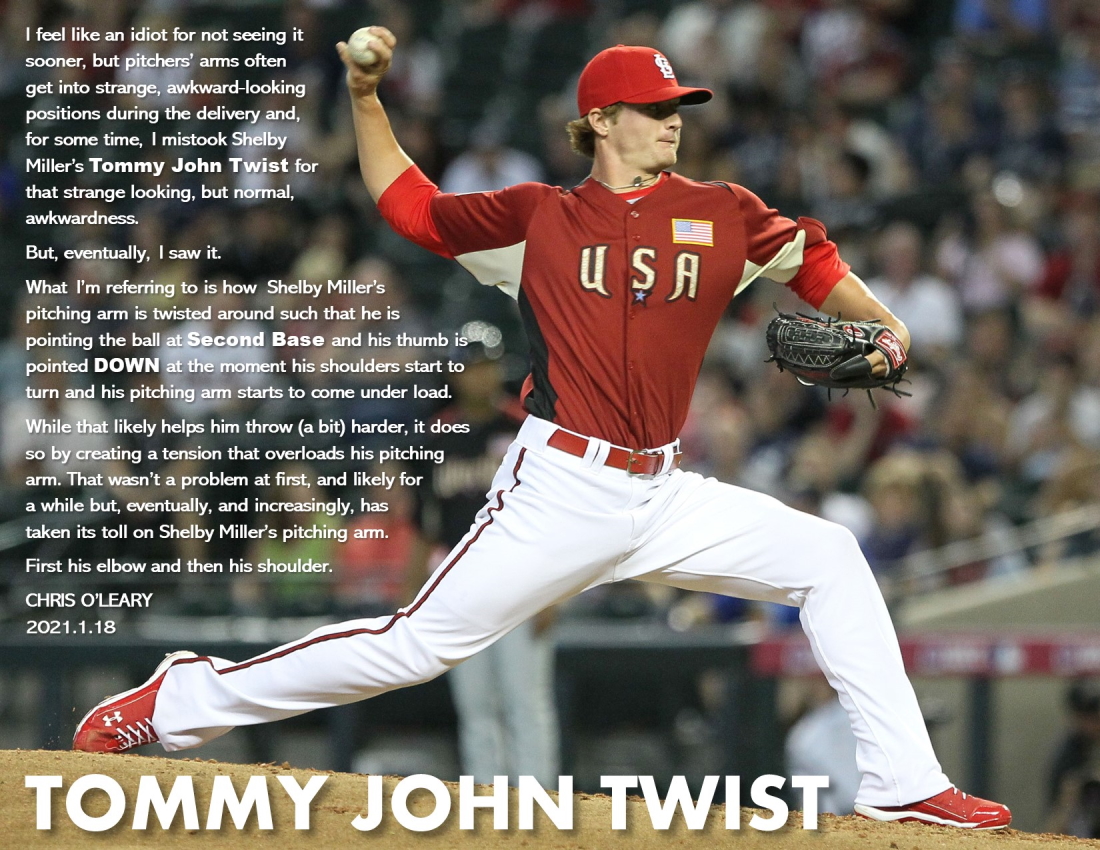
Shelby Miller Demonstrating
The Tommy John Twist
The Tommy John Twist is the result of teaching pitchers -- and throwers --
to follow one of two cues; to Point the Ball at...
Point the Ball at Second Base or Center Field
I orginally referred to this movement
using a technical term,
Premature Pronation.
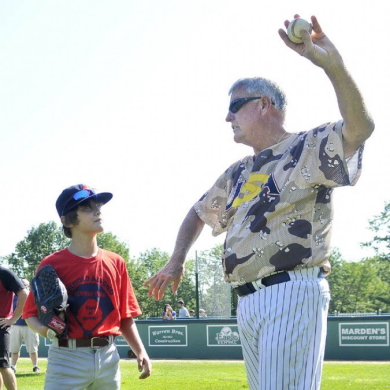
Tommy John Teaching
The Tommy John Twist
I then started calling this movement the Tommy John
Surgery Twist, because of the position
of the wrist and the common result.
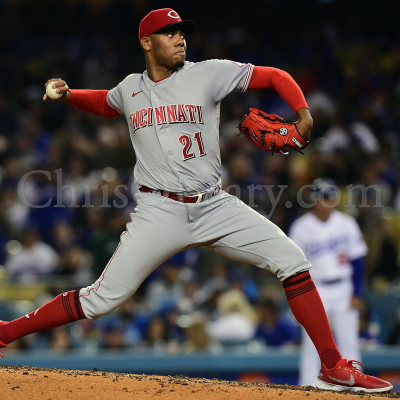
Hunter Greene's Tommy John Twist
I've recently shortened that to
just the Tommy John Twist.
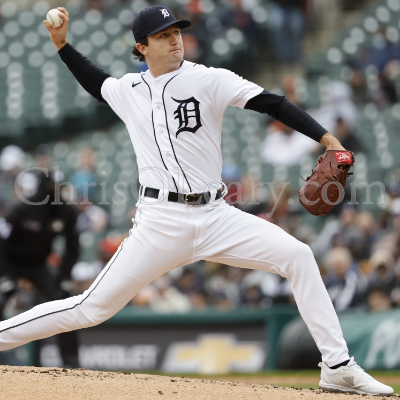
Casey Mize's Tommy John Twist
The Tommy John Twist results from teaching ballplayers to
point the ball at second base and, I believe, contributes to
injuries in baseball pitchers by increasing the likelihood they will
have a
Timing problem.
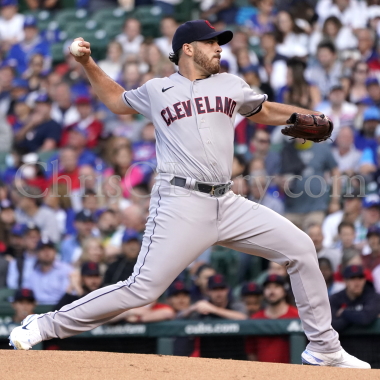
Aaron Civale's Tommy John Twist
That is a problem for two reasons.
First,
studies show that pronating the pitching
arm side forearm for an extended period of
time will tend to inhibit the external rotation
of the pitching arm, leading to a
Timing problem and, in the worst case,
what I call
Flat Arm Syndrome.
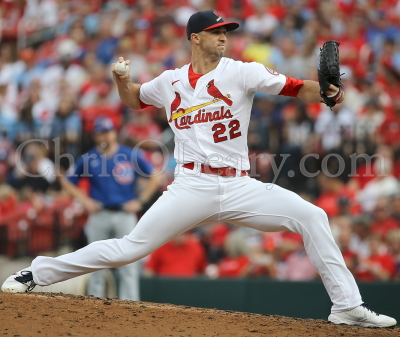
Jack Flaherty's
Tommy John Twist
and Timing Problem
Second, pointing the ball at second base
reduces or even eliminates the ability of
the muscles of the forearm to take some of
the load off of the Ulnar Collateral Ligament
(UCL), the ligament that is replaced during
Tommy John surgery.
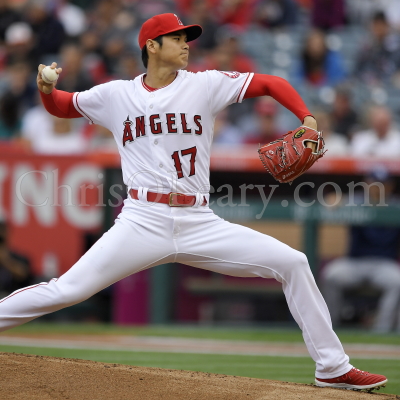
Shohei Ohtani's
Tommy John Twist
and Timing Problem
One of the more recent victims of the Tommy
John Twist is Alex Reyes of the Cardinals.
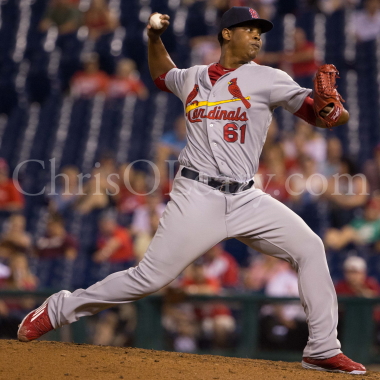
Alex Reyes'
Tommy John Twist
and Timing Problem
I give a high-level overview of how and why
the Tommy John Twist creates a problem for him
in my
analysis of Alex Reyes' pitching mechanics.
|


 The
The






